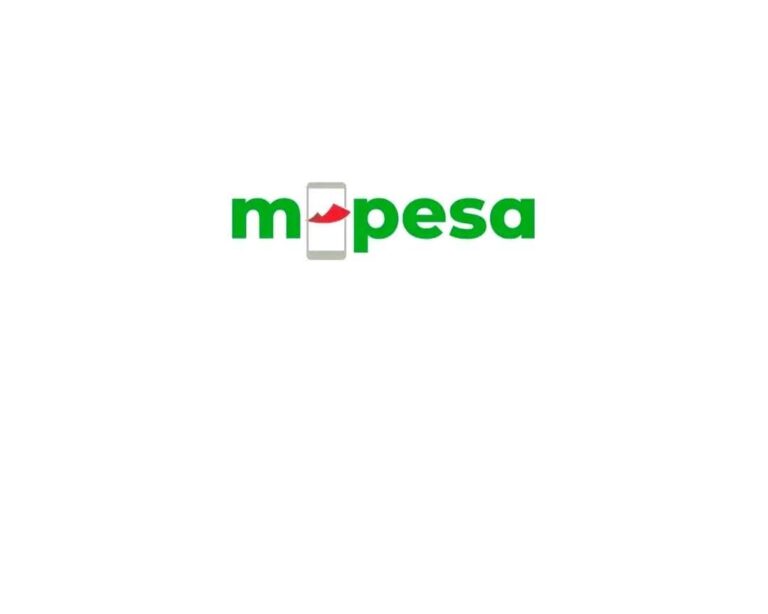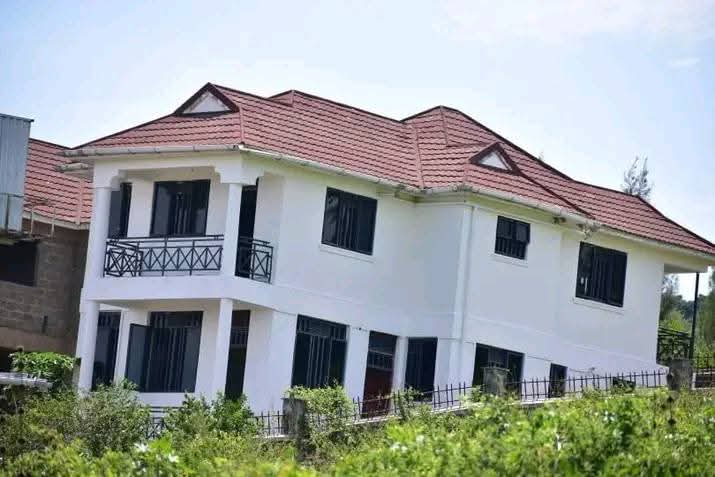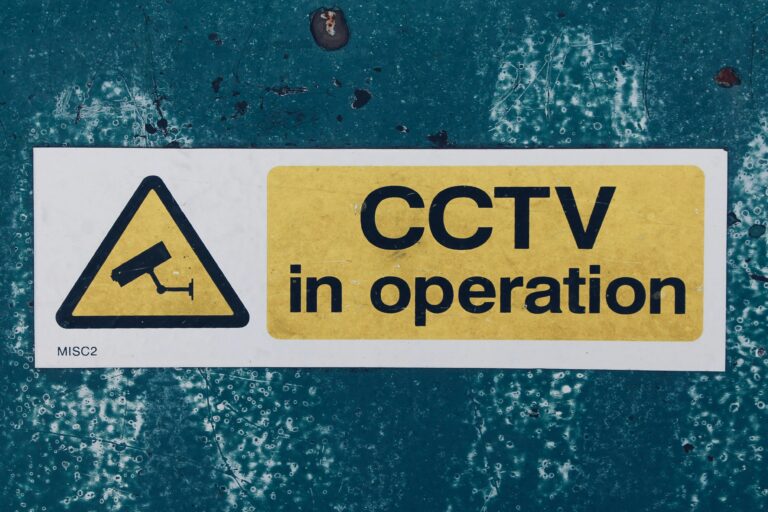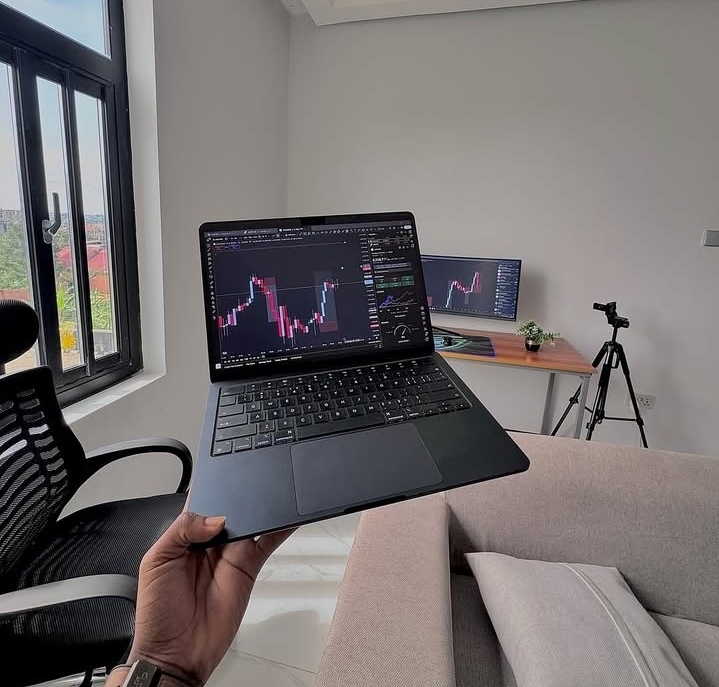Step-by-Step Guide to Forex Trading in Kenya (2025).
Forex trading is becoming one of the best online business ideas in Kenya. Anyone can master the art of trading currencies and make regular profits with good knowledge, software and broker. If you are a beginner or want to improve your skills?
This step-by-step guide to forex trading in Kenya (2025) will guide you in the proper direction.
1. Understand What Forex Trading is.
Forex (foreign exchange) trading involves buying and selling currency pairs, such as GBPUSD, EURUSD, or USDKES, with the goal of making a profit from price changes. Unlike the stock market the forex market is open 24 hours, five days a week, giving traders in Kenya flexibility to trade during London, New York, or Asian sessions.
2. Learn Forex Market Basics.
Before investing your money, you should know:Where currency pairs – Major pairs (such as GBPUSD), minor pairs and exotic pairs.What pips – A unit of the smallest fluctuation in a currency price.What leverage – Borrows that enable you to deal large positions with minimal capital investment.Forex market hours – Overlapping sessions are the best times to enter trades, and more so, the London-New York overlap.
3. Select a Good Forex Broker in Kenya.
Your broker’s choice can make or break your trading experience. Some of the top brokers good for Kenyan traders are:
Exness.
Very popular in Kenya. Offered with CMA regulation and often very competitive spreads.
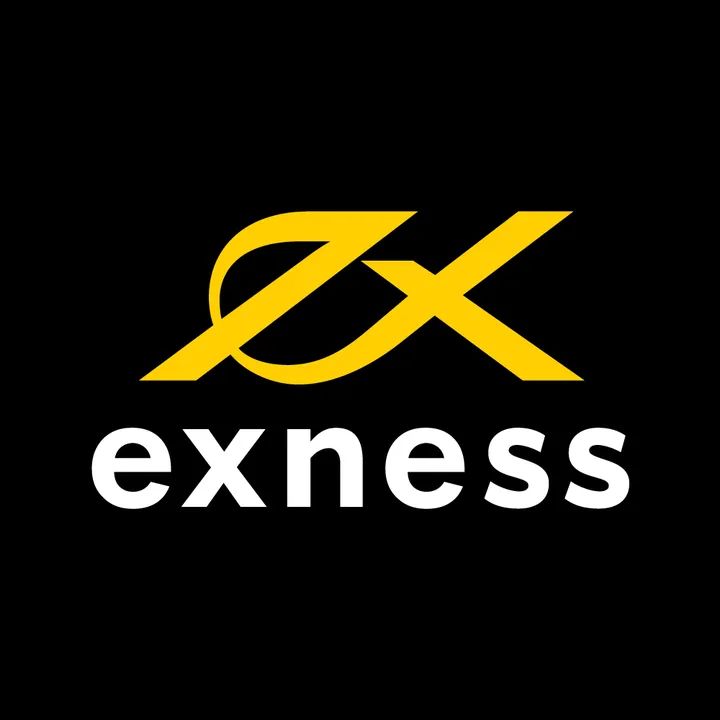
Pepperstone.
Offers tight spreads, fast execution, good platforms (MT4, MT5, cTrader). Has positive reviews for Kenyan clients.
FXTM (ForexTime)
Strong local presence, good educational resources, several account types.
XM.
Good reputation globally, decent spreads, many instruments, and often friendly toward emerging-market traders.

HotForex (HFM).
Several regulatory jurisdictions, reasonable fees, supports different trading styles.
Scope Markets.
One of the better local/regional options, especially for CFD trading. Local/regional access helps.
Admirals.
Offers many CFD markets, reasonable spread, regulated in well-known jurisdictions.
Interactive Brokers.
Excellent for more serious and longer-term investing; very wide asset variety, strong regulation, good fee structure for some trade types.
OANDA Forex.
Regulated and ideal for new traders.FBS MT4 & FBS MT5 – Suitable for new and veteran traders.

AvaTrade.
Low spreads with a low deposit requirement ideal for new traders.
ACY Securities.
Adequate regulation with access to international markets.
Kot4x.
Offer flexible trading conditions, including cryptocurrency.
Tip: Always verify the regulation of a broker and deposits (e.g., M-Pesa), and platforms before registering.
4. Download a Trading Platform.
- MetaTrader 4 (MT4) or MetaTrader 5 (MT5) can be accessed by most Kenyan brokers:•
- MetaTrader 4 for PC download – Simple, stable and best for beginners.
- MetaTrader 4 web – Trade on your browser without download.
- MT5 trading platform – More features with extra charts and indicators. Most traders also employ Forex Factory news and Finviz forex tools for real-time analysis and market news.
5. Open and Fund Your Trading Account.
Once you’ve selected your broker, you can open a live trading account and fund it. Most Kenyan traders utilize M-Pesa because it is so convenient and quick. FBS, AvaTrade and Equity-supported brokers provide easy M-Pesa deposit and withdrawal.
6. Practice on a Demo Account.
Practice first with a demo account before trading using live funds. It will assist you in learning:• Executing trades (buy/sell orders).• Using stop-loss and take-profit levels.• Interpreting charts from technical indicators.Practice with a demo account prior to live trading without exposing your capital to losses.
7. Study Market Analysis.
Good analysis is central to profitable forex trading in Kenya. You may utilize:
• Technical analysis – Interpreting charts and indicators.
• Basic analysis – Predictions based on economic statistics, from Forex Factory news.
• Sentiment programs – Like Finviz forex, that assists in monitoring market sentiment as a whole.
8. Begin Trading with Small Capital.

Do not be eager to start with huge capital. Most Kenyan brokers start trading with a minimum of Ksh. 1,000 to Ksh.10,000. Trade small, trade wisely and expand only as you gain experience.
9. Trade Like a Professional.
Risk management is what separates amateurs who lose and professionals who win. Adhere to the below rules:
• Never risk more than 2% of your capital per trade.
• Always employ stop-loss orders.
• Control emotions and stick with your trading plan.
10. Keep Learning and Improving.
Forex trading is technique, not acquired skill. Educate yourself on economic news, test new approaches and be aware of good forex learning channels. By 2026, the Kenyan forex market keeps expanding, so things will only improve for disciplined traders.
Forex trading in Kenya is not easy as most of the people think, it has regulated brokers payment via M-Pesa and sophisticated platforms such as MT4 and MT5.
By executing this step-by-step guide—understanding the basics, selecting a trustworthy broker, trading on demo accounts, and practicing risk management—you can trade smarter and establish a profitable trading career.

Regardless of whether you trade with OANDA Forex, FBS MT4, AvaTrade, or ACY Securities, consistency, patience, and continuous learning are most essential. With the right mindset, forex trading can offer a new financial potential for you in Kenya.
This article is for informational purposes only and not financial advice.
